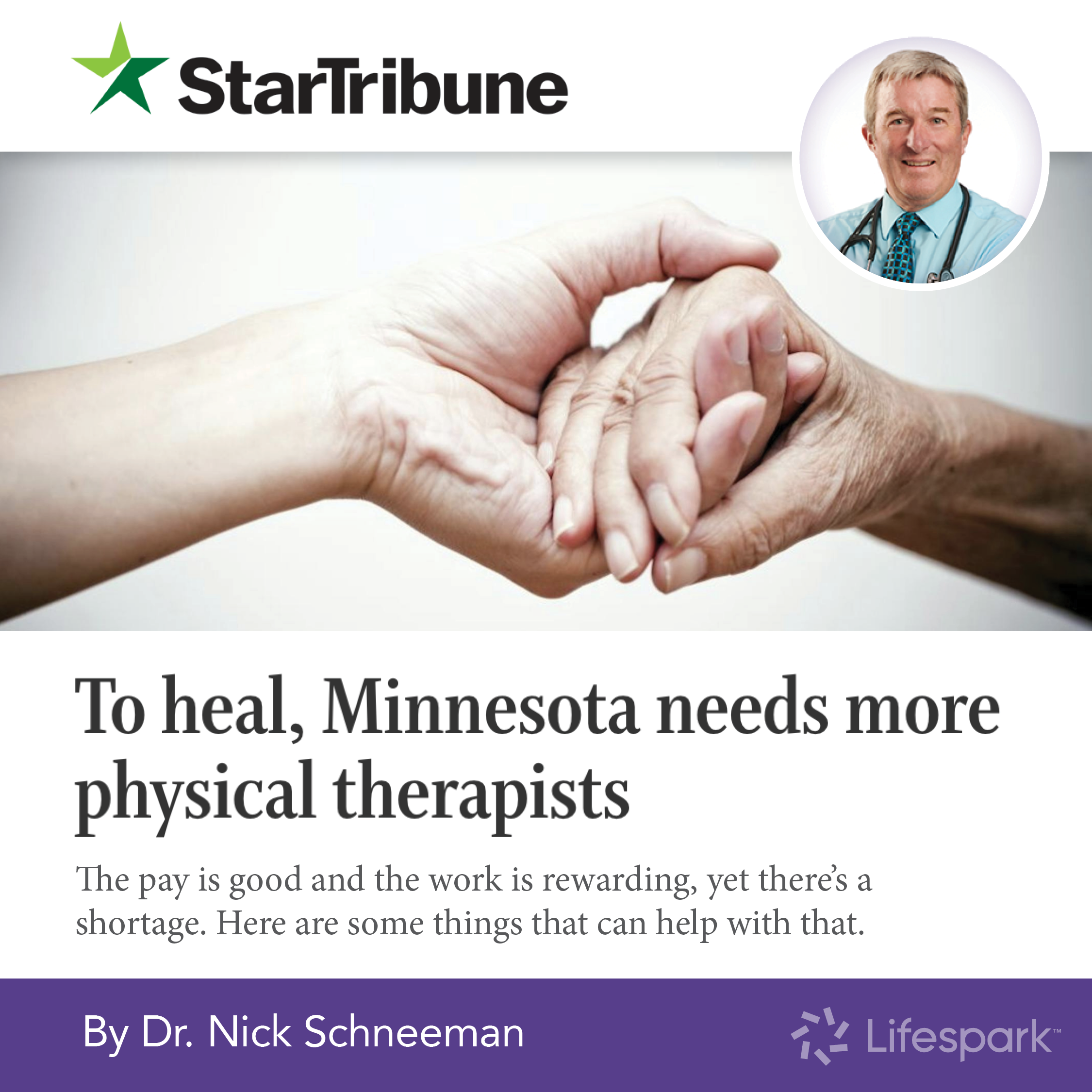Answers to important questions
-
The biggest regret among people receiving hospice services is wishing they had started sooner. Hospice services can greatly enhance quality of life, relieve symptoms, and provide comfort and serenity for you and your loved one.
What sets Lifespark Hospice apart is our whole-person approach and our dedicated team of nurses, social workers, chaplains, caregivers, case managers, and massage therapists who work together to bring joy and meaning to this last chapter of your loved one’s life.
-
Some family members use this time to say things they may have avoided, like “I’m sorry,” “I forgive you,” and “I love you.” However, if finding the right words to say to a person who is dying is difficult for you, here are some other ways to be present for them:
- Read to them.
- Do a life review by sharing photos, stories, and memories.
- Arrange for a favorite meal (our dietary staff will be happy to assist you).
- Play their favorite music.
-
There are healthy benefits to inviting children to express their emotions. We encourage loved ones of all ages to be part of the end of life journey and are here to provide support and guidance on how best to companion children.
Here’s how you can make the experience a more positive one:
- Plan ahead for any visits by children.
- Suggest that two people come with young visitors.
- Ask the child what he or she thinks is happening and invite questions.
- Refrain from telling children that the person is going to sleep; it can create fears around bedtime.
- Be prepared for different expressions of feelings from children and from teenagers.
- Find someone to listen to the children’s concerns about dying and what happens after death.
- Use pictures, dolls, or books to facilitate conversation.
- Be prepared for tough questions about what happens to the body.
- Remind children that it is no one’s fault when someone dies.
- Tell them it is okay if they do not know how they feel.
-
There will come a time when your loved one will be less responsive to your presence. That doesn’t mean they don’t know that you are there. They’ve simply moved to a different phase of the dying process. Talk to them, even if they don’t acknowledge you. Touch is important, so hold their hands, stroke their forehead, and apply moisturizer to their lips and hands. Your words and actions will let them know that you are with them.
-
Take the time you need to be alone in the room with the body of your loved one. You’re under no pressure to remove their personal items right away, but when you’re ready, our staff will be happy to help you.
Our care team will take our cue from you as to when we facilitate the removal of the body. Nursing staff are able to call the mortuary to arrange transport.
You’ll want to contact the mortuary during business hours to set up a time to meet and make additional arrangements. Many people find it helpful to take a few hours between the death and this meeting. Have something to eat, freshen up, take a walk, reminisce with family—whatever speaks to you.



